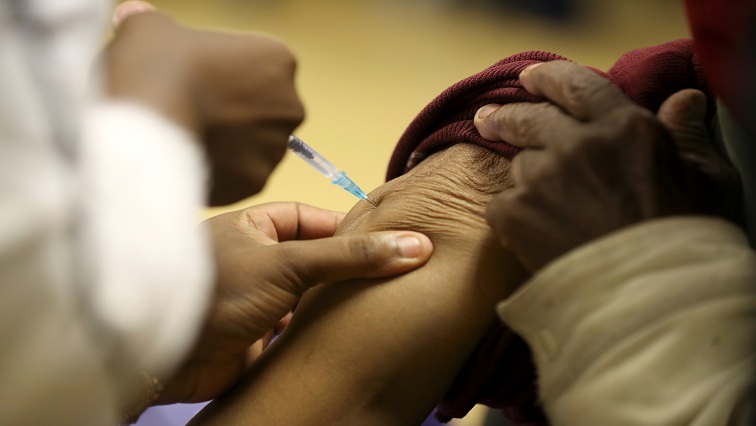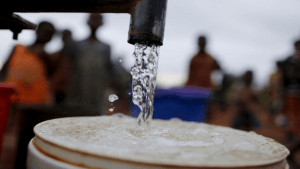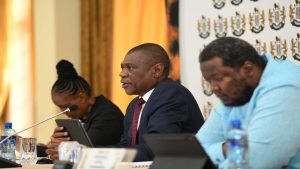Deputy President, Paul Mashatile says in an ever-evolving world, Africa cannot remain reliant on external sources for vaccines and pandemic readiness.
He says the continent like many regions, faced significant challenges in securing sufficient vaccines during the Covid-19 pandemic.
Addressing the 24th Annual General Meeting of the Developing Countries Vaccine Manufacturers Network in Cape Town, the Deputy President said it was crucial for vaccines manufacturing professionals to continuously improve and update their skills.
Developing countries found themselves at the back of the queue when rich nations gobbled up all the vaccines after the outbreak of the Covid19 pandemic. This has led to greater efforts to ensure that they are better prepared and more self-sufficient in the event of another global pandemic.
Mashatile told the more than 300 delegates from 15 developing countries that with new diseases and health challenges emerging, it is imperative to have have skilled individuals who are equipped to develop innovative solutions.
“The COVID-19 pandemic has shaken the foundations of our world, exposing vulnerabilities in our healthcare systems and the global vaccine supply chain. We have witnessed the devastating impact of this virus on our lives, our economies, and our communities. It has been a stark reminder of how inter-connected we are that and no one is safe until everyone is safe.”
Bold, decisive steps
Mashatile said as a continent, Africa has taken bold and decisive steps towards self-sufficiency in vaccine manufacturing and pandemic preparedness.
This is through the Partnership for African Vaccine Manufacture (PAVM), which is coordinated through the Africa Centre for Disease Control.
“We have also taken bold steps in our own country of South Africa, where three of our own companies, Biovac, Aspen, and Afrigen, have invested time and resources in expanding vaccine production capability. We are equally proud to host the WHO mRNA Hub that is being hosted at Afrigen, with Biovac being earmarked to be the first recipient of this cutting-edge technology.”
World Health Organisation (WHO) Director General Dr Tedros Ghebreyesus, spoke via video from New York.
He said to achieve the AU goal of manufacturing 60% of vaccines on the continent by 2040, that will require a trained workforce and a commitment to procure locally.
“WHO remains committed to working with all of you to support local manufacturing so that all people can benefit from the life-saving power of vaccines.”






